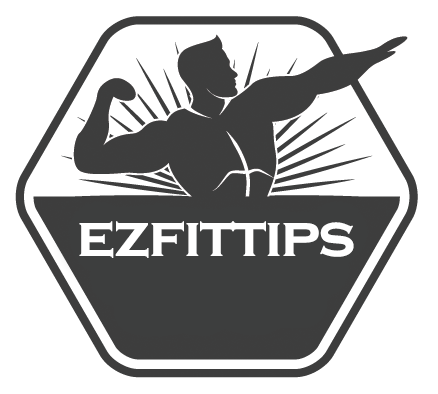The ketogenic diet involves eating macronutrients that are skewed from the normal balance of roughly 50% carbohydrate, 20% protein and 30% fat to 70% fat, 20% protein and only 10% carbohydrate. Put simply it is a very high-fat, low-carb diet, that aims to put your body into ketosis, a process that shifts normal metabolism away from using carbohydrates to favor breaking down fat instead.
This way of eating was clinically developed to treat conditions such as epilepsy, however, it has recently become popular with the general population for weight loss as it supposedly increases satiety and makes it easier to not overeat. Scientific studies are backing up claims that a keto diet might be an effective approach for preventing obesity and Type 2 diabetes.
Athletes are now trying to reap the benefits of keto in hopes of using fat as a fuel source to sustain athletic efforts while improving body composition. There is no question endurance athletes use a higher percentage of energy from fat to sustain long, low-intensity efforts, however there is no evidence relying on fats actually improves performance outcomes. In fact, withholding carbohydrates limits the efficiency of metabolism and does not allow energy to be converted quickly enough for optimal performance. This slow burn is why research shows keto is ineffective for athletes attempting high-intensity efforts.
- READ MORE: What Is Astaxanthin and Can It Do Anything for You?
While the keto diet for performance continues to be debated between proponents and naysayers, the lack of evidence supporting keto for performance has not stopped keto supplemental products from popping up. These new products claim to help athletes reap the potential keto benefits without succumbing to the limitations. Sound too good to be true? It might be. Ketone drink makers are claiming sipping the beverage provides ketone esters to the body that supply working muscles with fuel and therefore extend the body’s limited stores of carbohydrates.
Basically, these drinks aim to boost the body’s ability to use ketones without having to be on the super restrictive high-fat diet. These supplements are largely unregulated, meaning you really have no idea what you are getting. Even if the product contains the ketones it claims, the supplement may or may not have an effective dose and whether it works or not is secondary to whether it will sell or not.
Some research shows consuming ketone esters such as those provided by these beverages can alter metabolic processes and boost performance which has led to professional athletes such as some Tour de France cyclists in this year’s 2019 race sipping ketone ester drinks during the race. The problem is for every study that shows potential promise, there is at least one study to show they decrease performance. These conflicting findings could be due to the type of training studied; running versus cycling, type of athletes studied; elite versus recreational and intensity of efforts being examined.
Even if supplementing ketones could help stave off muscular fatigue, what works in a laboratory setting isn’t always applicable to the real world. One study used a nasogastric (yes, that is a nose to stomach tube) infusion to get subjects to ingest the drinks which no one will be able to do in real life.
A large reason these drinks shouldn’t make their way into your sports nutrition routine isn’t whether the ketones can potentially help, but how much the side effects can potentially hurt. The drinks are reported to taste extremely metallic and cause performance-ending gastric distress, dizziness, nausea and vomiting. There is also potential, although currently insufficiently researched, to cause long-term liver damage or other negative side effects. Due to the overall lack of regulation and conclusive research (on benefits and risks) it is difficult to suggest any athlete needs to begin supplementing exogenous ketone esters.
Chances are there are easier, more affordable and proven methods to ramp up your performance than worrying about exogenous ketone consumption. Before trying the latest fad supplement, work on improving sleep, getting massages, increasing training intensities and workout durations, consuming a diet of healthful whole foods, replacing old gear and/or enlisting workout buddies to help boost your athletic performance.









